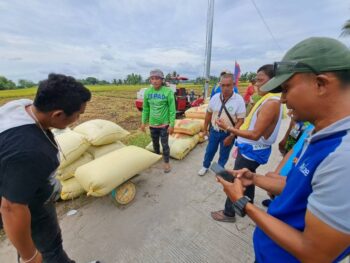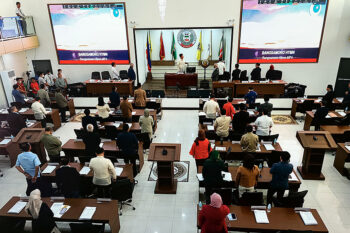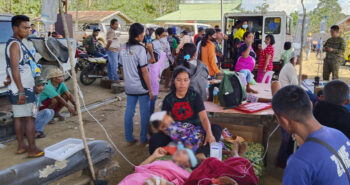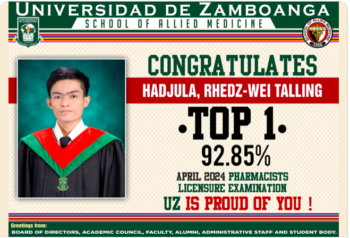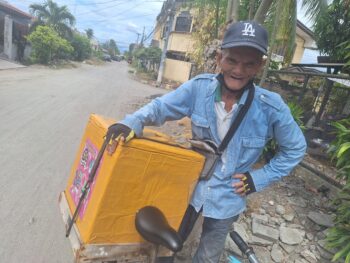[Remarks of Indonesia’s Vice Minister for Foreign Affairs Abdurrahman Mohammad Fachir at the seminar on the outcome of a research project of the Association of Southeast Asian Nations – Institute for Peace and Reconciliation (ASEAN-IPR) on “Lessons Learned from a Process of Conflict Resolution between the Government of the Republic of the Philippines (GRP) and the Moro National Liberation Front (MNLF) as Mediated by Indonesia (1993–1996) held at the ASEAN Hall of the ASEAN Secretariat in Jakarta, Indonesia on 23 September 2019]
Your Excellency, Dr. Hoang Anh Tuan, Deputy Secretary-General of ASEAN for ASEAN Political-Security Community;
Ambassador Rezlan Ishar Jenie, Executive Director of ASEAN Institute for Peace and Reconciliation;
Excellencies Permanent Representatives of ASEAN Member States, Members of the ASEAN-IPR Governing Council and Advisory Board;
Excellencies Ambassadors of ASEAN Partners;
Distinguished Colleagues,
Ladies and Gentlemen,
First of all, let me congratulate the ASEAN Institute for Peace and Reconciliation for successfully convening its first ASEAN-IPR Research Study titled “Lessons Learned from a process of Conflict Resolution between the Government of the Republic of the Philippines (GRP) and the Moro National Liberation Front (MNLF), as mediated by Indonesia (1993 – 1996)”.
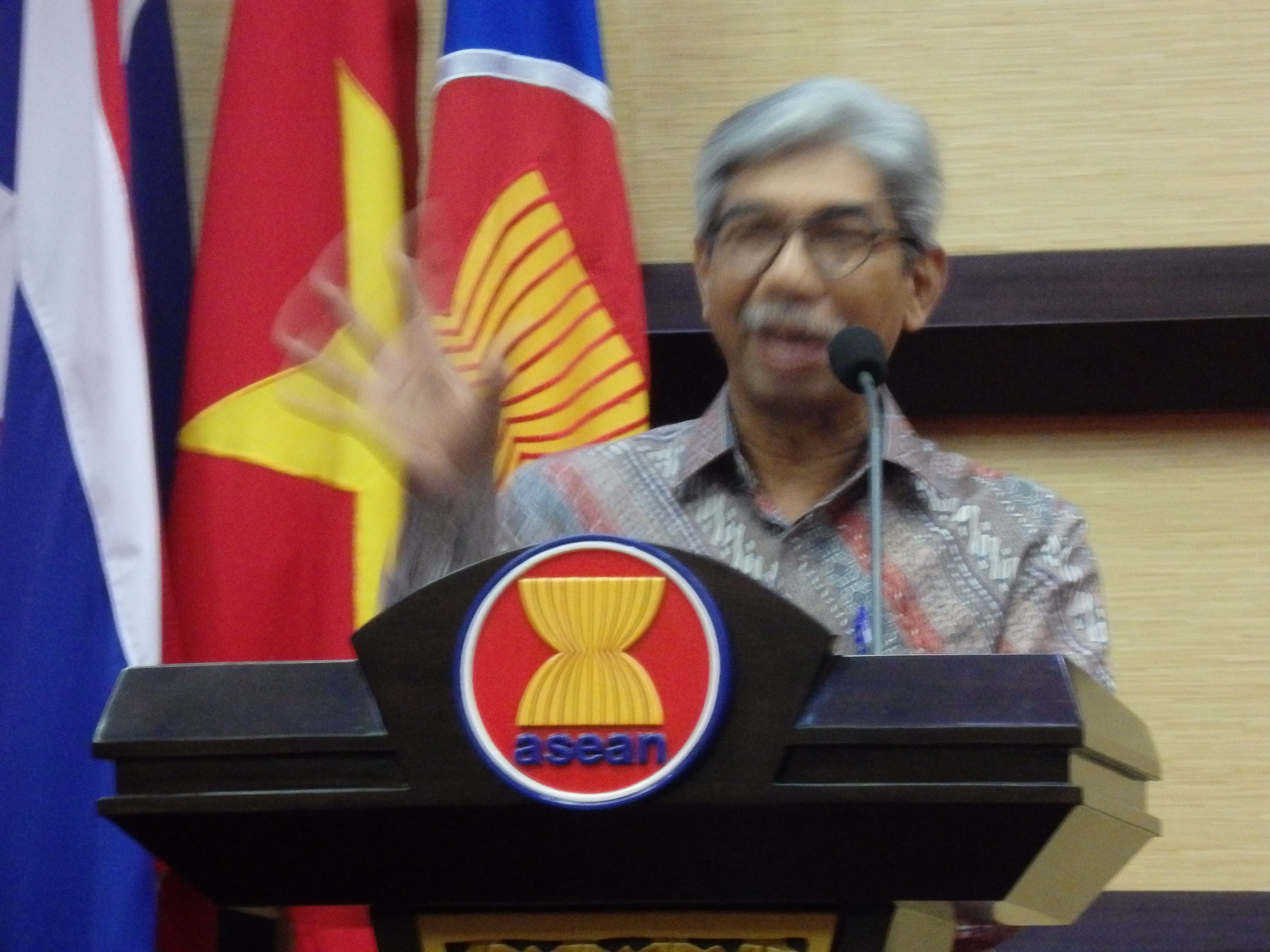
This study is conducted with the generous support and in collaboration with the Japan-ASEAN Integration Fund.
Since its establishment in August 1967, ASEAN has been playing an active and effective role in conflict resolution and conflict management.
For more than fifty years, the region has witnessed various inter-state and intra-state conflicts.
Through various measures and initiatives, the countries in the region have managed to prevent the escalation of conflicts into protracted wars, and to maintain a general state of peace and stability in the region.
As a research organization, ASEAN-IPR is mandated to. undertake research and compile ASEAN’s experience and best practices on peace, conflict management, conflict resolution, as well as post-conflict peace building.
Therefore, the holding of this research is timely, as it enables ASEAN-IPR to share valuable lessons from the success stories of conflict resolutions in the ASEAN member states and establish best practices based on insights derived from them.
The peace process between the Government of the Republic of the Philippines (GRP) and the Moro National Liberation Front (MNLF) is one of the prominent success stories of peaceful conflict resolution.
It provides lessons from the region on how countries can settle a conflict through peaceful means with the involvement of a third party as a mediator and facilitator.
This research also aims to instill the habit of dialogue and peaceful settlements of dispute in ASEAN.
In turn, it is hoped that this would contribute to the creation of norms and standards relevant to the provisions of dispute settlement mechanisms as stipulated in the Treaty of Amity and Cooperation (TAC).
In light of the ASEAN Community building process, the unity and cohesion of ASEAN at all levels have become even more crucial. Therefore, we in ASEAN must remain alert to the fast evolving regional and global environments and must shape developments in our own region and not simply respond to them.
Addressing these challenges, we must.. maintain ASEAN leadership and centrality through the various ASEAN-led mechanisms within the evolving regional architecture.
Before concluding, I would like to commend the research team headed by Mr. Jamil Maidan Flores for the successful completion of the research project.
I sincerely look forward to the ASEAN-IPR, as ASEAN’s research institution on peace and reconciliation, to initiate, lead and produce more research projects in the future.
Finally, I would like to wish you all a productive and fruitful discussion.
Thank you.


